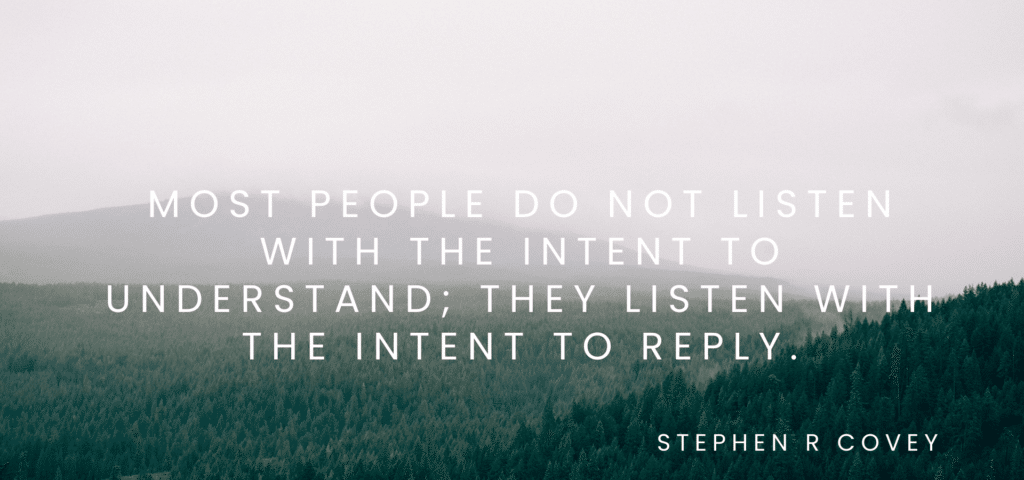Parents As Learning Partners – Jennifer Oaten

As a parent, I often asked my children, “How was school today?” Their response was always ‘good,’ followed by “What’s for dinner?”. This typical exchange leaves many high school parents feeling disconnected from their child’s educational experience. But is this silence because teenagers have nothing to say, or are we simply not asking the right questions.
The Importance of Open Communication with Teenagers
Adolescence is a challenging time for both parents and teens, making open communication essential. Engaging with your teenager about their learning can be difficult but incredibly valuable. Encouraging young people to articulate their thoughts helps build their confidence, self-advocacy, and ability to seek support or extension in their learning.
Effective Questions to Spark Meaningful Discussions
To foster meaningful conversations, parents should ask open-ended, thought-provoking questions that encourage deep thinking and reflection. Here are some questions designed to spark discussion and connection about school, learning, and friendships:
- What did you learn today in [subject]?
- What was challenging at school today?
- What went well at school?
- What topic do you want to learn more about?
- Was there anything you disagreed with today?
- Did you talk to someone new today? Who?
- Did you help anyone with their learning? Did anyone help you?
- What was the best part of your day? Why?
- What surprised you today?
- How did that make you feel? Why?
- Why do you think that happened?
- What’s your opinion on that? What other perspectives might exist?
- What could you do differently next time?
- How do you think you could solve this problem?
- How can I better support your learning?

Listening and Reflecting: Key Strategies for Parents
Listening is crucial. Avoid the impulse to solve their problems for them or to justify their feelings. Instead, focus on connecting and understanding. Teenagers often seek validation for their thoughts and opinions rather than wanting your advice.
Reflecting on your child’s school experiences may bring up memories of your own. Whether you had negative experiences or were a confident student, it is important to empathise with your child’s unique positives or challenges. If you feel upset with the school or individuals, take some time to process your feelings before addressing the issue with your child. Often, a good night’s sleep can provide both you and your teenager with a fresh perspective.
Highlighting Positives and Supporting Curiosity
Teens may fixate on the negatives, overlooking the positive aspects of their day. While it is important to address challenges, make sure to highlight the positives as well. Schools and parents can collaborate to create environments that nurture curiosity and a love for learning.
Curiosity drives engagement and motivation, leading young people to explore subjects more deeply. This passion for learning equips them to navigate an increasingly complex and interconnected world. By encouraging young people to ask questions, explore their interests, and form their own opinions, we provide them with the tools to thrive.
Encouraging Lifelong Learning
Encouraging curiosity helps children develop critical thinking skills, creativity, and a lifelong love for learning. These skills prepare them for a world where the ability to ask questions and seek answers is invaluable. In today’s workplaces, the ability to reflect on learning and work processes is crucial for success.
These questions can encourage young people to reflect, improve and grow in their approach to learning. They can also help parents get a comprehensive understanding of their child’s academic progress, social interactions, and overall well-being at school and better support their child’s learning.

Embracing the Spirit of Giving: Winter Appeal 2024
Our 2024 Winter Appeal showcased our community’s generosity, supporting local outreach agencies through donations and service.

Cassie’s Story: Journalist to Company Director
Cassie Silver (Class of 2006) shares her story from journalist to Company Director, highlighting the importance of resilience and authenticity.

From Santa Maria to Global Tech: Elisha’s Inspiring Journey
Discover Elisha Bethe’s (2017) inspiring journey from Santa Maria College to a successful career in technology and law.
- Featured
Author: Santa Maria College
Santa Maria College is a vibrant girls school with a growing local presence and reputation. Our Mission is to educate young Mercy women who act with courage and compassion to enrich our world. Santa Maria College is located in Attadale in Western Australia, 16 km from the Perth CBD. We offer a Catholic education for girls in Years 5 – 12 and have 1300 students, including 152 boarders.






